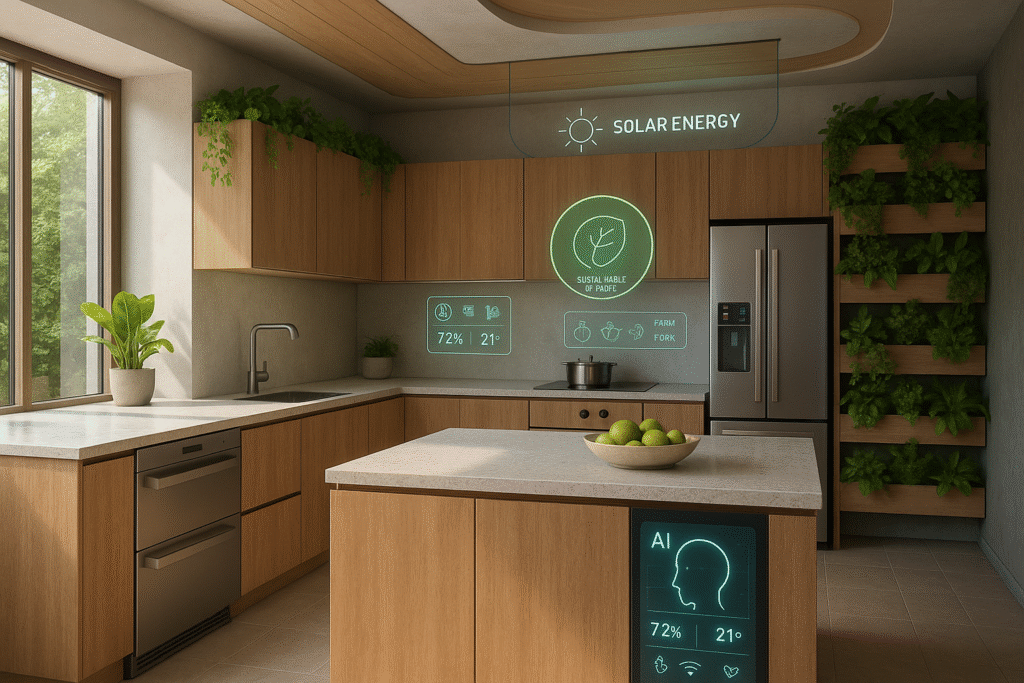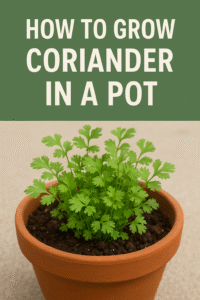In 2025, sustainability isn’t just a trend—it’s a necessity. With AI-powered tools and smart home innovations, reducing kitchen waste has never been easier. But while most blogs cover composting and reusable containers, few discuss the cutting-edge, low-waste hacks that leverage AI and automation.
In this guide, we’ll explore underrated zero-waste kitchen strategies, including how AI can help minimize food waste, optimize storage, and even repurpose scraps creatively.
Why Zero-Waste Kitchens Matter More Than Ever
Food waste contributes to 8-10% of global greenhouse gas emissions (UNEP 2025). The good news? AI-driven solutions are making waste reduction effortless and cost-effective.
Here’s how you can transform your kitchen into a sustainable, high-tech hub—without sacrificing convenience.
1. AI-Powered Smart Fridges: The Ultimate Food Waste Preventer
Modern refrigerators now come with AI cameras and expiration trackers that:
- Scan groceries and alert you before food spoils.
- Suggest recipes based on expiring ingredients.
- Auto-adjust temperatures to prolong shelf life.
Pro Hack: Use apps like Olio or Too Good To Go (integrated with smart fridges) to share surplus food with neighbors.
(Suggested image: A smart fridge with an AI display showing food expiration alerts.)
2. AI Meal Planners That Reduce Overbuying
Over-purchasing leads to waste. AI meal planners like Mealime and Plant Jammer analyze your pantry and:
✔ Generate shopping lists based on what you already have.
✔ Adjust portion sizes to minimize leftovers.
✔ Recommend zero-waste recipes (e.g., carrot-top pesto, broccoli-stem slaw).
Try this: Input your weekly groceries into ChatGPT’s meal planner plugin for instant waste-free meal ideas.
3. Upcycling Kitchen Scraps with AI-Generated Recipes
Instead of tossing peels and stems, AI tools like SuperCook and FoodAI suggest creative uses for scraps:
- Banana peels → Vegan “pulled pork”
- Coffee grounds → Exfoliating scrub
- Vegetable trimmings → Homemade broth
Quick Tip: Keep a “scrap jar” in the freezer for future broth-making.
(Suggested image: A bowl of veggie scraps next to a pot of simmering broth.)
4. Smart Composting with AI Sensors
Composting is great, but smart compost bins take it further:
- EchoBin uses AI to identify compostable items via voice commands.
- Lomi 2.0 breaks down food waste in hours (not months).
- IoT compost trackers notify you when the pile needs turning.
Bonus: Some cities offer municipal AI compost programs—check if yours does!
5. Zero-Waste Grocery Shopping with AI Assistants
AI shopping assistants help you buy only what you need:
- Amazon’s Alexa suggests package-free alternatives.
- Misfits Market uses AI to rescue ugly produce at a discount.
- Local food apps connect you with farmers selling surplus harvests.
Action Step: Next grocery run, ask Google Lens to identify plastic-free packaging options.
6. Energy-Efficient Cooking with AI-Powered Appliances
New induction stoves and air fryers use AI to:
- Optimize cooking time, reducing burnt food waste.
- Auto-shutoff when food is perfectly cooked.
- Track energy usage to lower utility bills.
Example: The June Smart Oven recognizes food and cooks it perfectly every time.
7. DIY Zero-Waste Cleaning Using AI-Guided Recipes
Skip plastic bottles—AI can help you make:
- Citrus vinegar cleaner (from leftover peels)
- Baking soda scrub (for tough stains)
- Reusable Swedish dishcloths (machine-washable alternative to paper towels)
Try this: Ask ChatGPT for a zero-waste cleaner recipe based on ingredients at home.
Final Thoughts: Small Changes, Big Impact
Adopting even 2-3 of these AI-powered hacks can drastically cut kitchen waste. The best part? Many are free or low-cost—just require a shift in habit.





